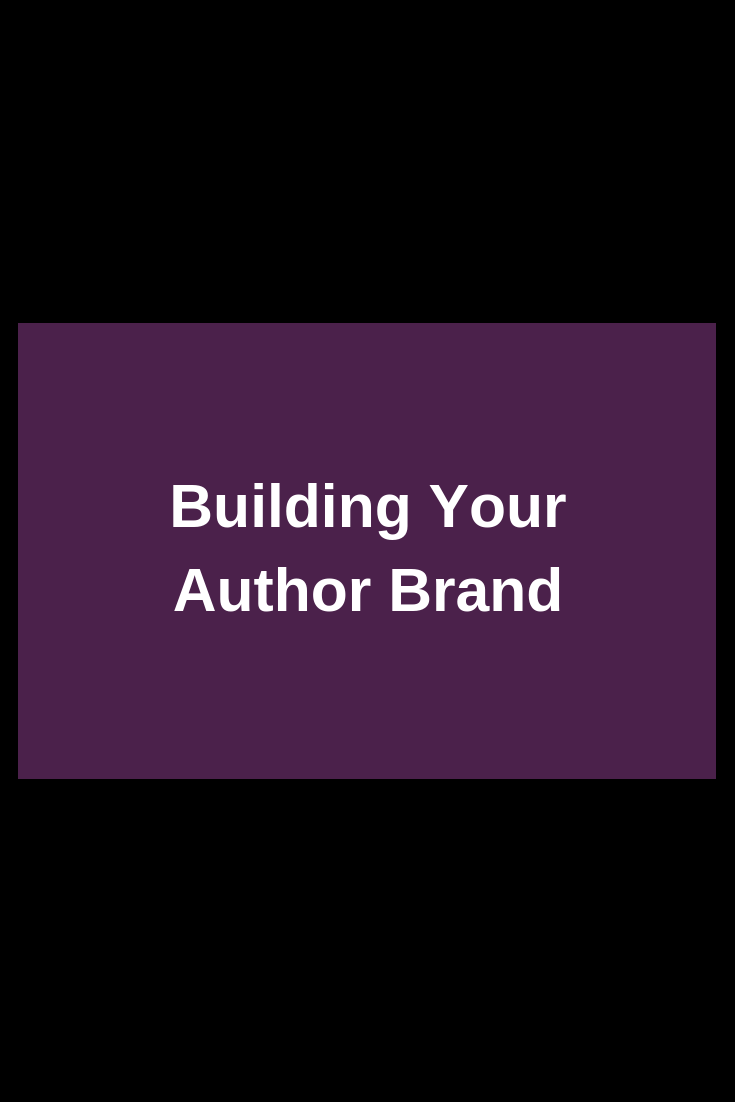

I’ve discussed the role of author blogs, and how to effectively use social media, as part of your online platform.
And I’ve written specific posts about using Twitter, Tumblr, Google Plus, Instagram, and Pinterest, as a writer. So, now let’s talk about personal brands, in relation to authors.
Not entirely sure what people mean by the term “personal brand” – or wondering whether you even need one at all?
Well, here’s the thing. You already have one. We all do.
Your personal brand is the way that you present yourself, and the associations that others have, when they hear your name. Reputation – image – call it whatever you like – but you definitely have a personal brand.
The only question, then, is whether or not you actively and consciously take control. Taking control, as in, taking steps to ensure that your brand – your projected public image – is something you’re happy with.
Some people struggle with the concept of personal branding, because they view it in a negative light – or simply don’t feel that it’s appropriate to refer to people as “brands”.
I mean, we aren’t jars of Marmite, or cans of Heinz Baked Beans, right? But personal branding isn’t about that. It’s not about labelling ourselves, and what we do, in a limiting way.
And there definitely doesn’t need to be anything cynical about this.
A central aspect of personal branding has to do with our core values and beliefs, and those can be incredibly positive, and powerful.
In my Believe in Yourself and Your Dreams post, I talk about my own core message – which is, and always will be, at the heart of my personal brand. It’s why I do what I do, day after day.
Target audiences are important.
Personal branding isn’t simply about defining who we are, as individuals. It’s about the people out there – those we’re hoping to reach, and connect with.
Ultimately, for writers, that’s going to be readers – and I don’t refer primarily to casual readers, although they’re also valuable, but more so to those who will return. Buy any books that we publish – read our blog posts, on a regular basis – support us, in any way they can.
We can call them fans, although it’s probably more helpful to think it in terms of building a community.
Some authors will actually have a customer avatar – one ideal reader.
This is a fictional person, not unlike the characters in our stories, except that this particular invented person reflects our ideal reader – someone with whom our work is likely to resonate.
It can be easier, and more effective, to “speak to” Charlotte, aged twenty-three, from London, England, than to – well, anyone who happens to be listening.
And, no, that doesn’t necessarily mean that your message won’t reach – and appeal to – Ellie, aged seventeen, or Jason, aged fifty. But Charlotte – or someone very similar to Charlotte – will be much more likely to respond positively to online content, created with her in mind.
Another important aspect of personal branding is consistency.
Of course, when it comes to blogging, and posting on social media, it’s important to be consistent, in the sense of posting regularly.
But consistency also applies to profile images, types of content shared – and beyond that, the colours and fonts used in our graphics. It can take time and experimentation to find the right style, to reflect what we offer.
And, with regard to colour – learning, and keeping in mind, the principles of colour psychology, can be beneficial.
Personally, I’m definitely experimenting with the colours I use, at the moment. In terms of fonts, I use Lucida Calligraphy, Lucida Bright, and occasionally, Lucida Handwriting, on the majority of my online graphics.
Individual projects may need particular, individualised attention – such as, specific branding for each novel or book series.
A novel can have its own identity, and yet, should still be identifiable as part of our brand, as a whole.
The subject of author brands is vast, and I’ve only touched upon it here. I’m still very much in the early stages of figuring this out for myself, but would encourage you to learn as much as you can about personal branding in general. This should help you to gain a deeper understanding of the various aspects, and you can then apply what you’ve learnt to building your author brand online. Oh, and offline too, of course.




Great tips for brand-building!
LikeLiked by 1 person
Thank you. Glad it was helpful. x
LikeLike
0 Pingbacks